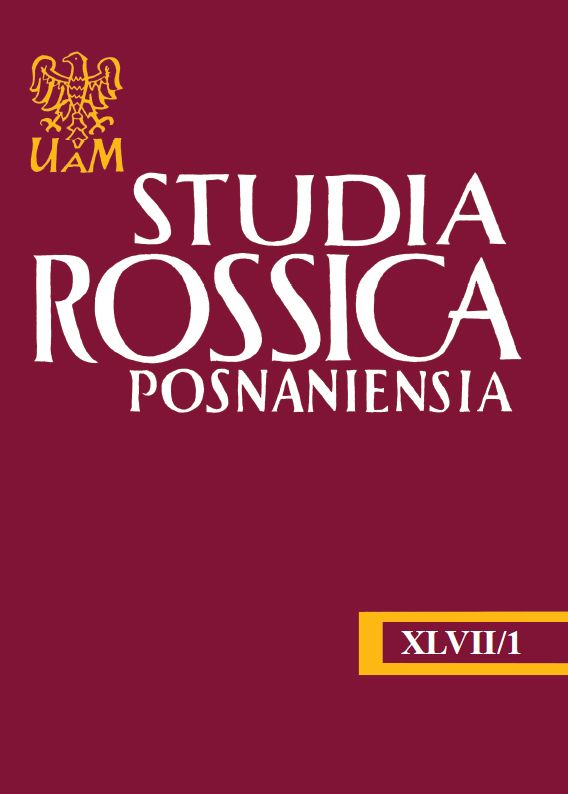„Русский” юмор в контексте направлений юмористической коммуникации: причины гелотофобии как социального явления
“Russian” humour in the context of the directions of humorous communication: The causes of Gelotophobia as a social phenomenon
Author(s): Sergey TroitskiySubject(s): Studies of Literature, Philology, Theory of Literature
Published by: Uniwersytet Adama Mickiewicza
Keywords: Russian culture; Gelotophobia; Vladimir Solovyov; authority; Russian humour
Summary/Abstract: The article is an attempt to answer the question whether there is a cultural specificity of humour not in form and content, but in the context of pragmatics. Discussing humour from the point of view of its orientation to the addressee, we can distinguish three main options described by the Russian philosopher V. S. Solovyov in connection with humour, these are relations to the highest, to the equal, and to the lowest. Considering that such a simplified scheme exhausts all possible vectors of constructing a message according to the method of interpretation of the addressee (as higher, as lower, as equal), such a seemingly simple classification, however, determines not only the narrative position, but also the content and form of the message, as well as sets other restrictions. The scheme of relations (vectors) rooted in culture and reproduced by it determines not only how a humorous message is constructed, but also in many respects the readiness of the addressee for an adequate reaction in the form of laughter, and whether the author of the humorous message expects this reaction. Thus, one of the tasks of the article is an attempt to explain the specifics of the (unsuccessful) humorous interaction between the carriers of subjects and objects of power. Russian culture is the focus of the article, which is based on Russian sources.
Journal: Studia Rossica Posnaniensia
- Issue Year: 47/2022
- Issue No: 1
- Page Range: 91-110
- Page Count: 20
- Language: Russian

